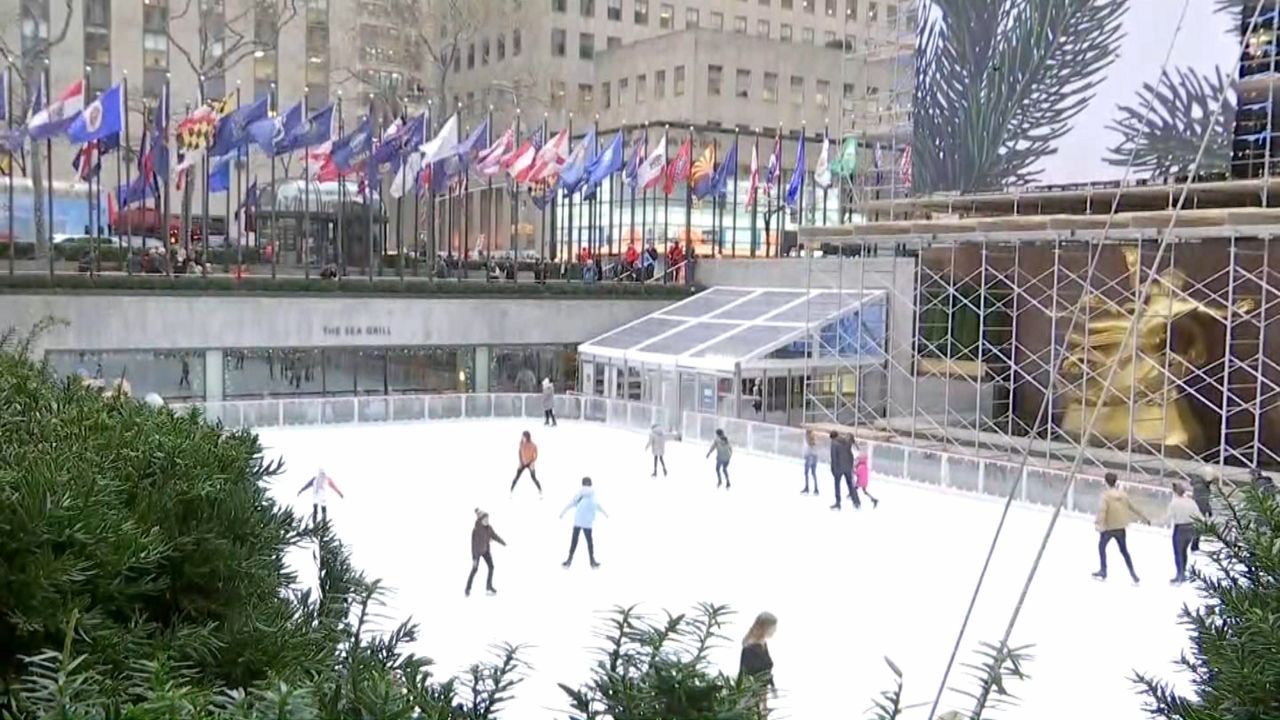You should not see this as a law for the citizen but for more famous people and politicians.
https://en.wikipedia.org/…al_celebrity_privacy_laws
In 1998, California set the “invasion of privacy statute”, which prohibited the use of digital devices to take photos of celebrities on private occasions. However, this statute is criticized by opponents who believe it might inhibit the freedom of the press to gather news. Also, the language used was considered too broad and vague. Some media attorneys described the statute as a “Pandora’s box” that brought a large number of severe problems.[2]
…
Since California noticed that confrontations between celebrities and paparazzi still happened and were even exacerbated, in January 2010, another anti-paparazzi law A.B 2479 was passed to address two main problems: paparazzi’s car-chasing which often leads to accidents and their behaviors that prevent the celebrities from moving freely.
It is brought as a law to “protect” these groups,
Twitter mentions that it can have a major effect on their well-being, especially among women, activists, dissidents and minorities.
Alone, the group kwa heisa is surprisingly small,
There are exceptions in which people’s media may be shared without permission. This includes, for example, images of public figures or images that have news value.
This group suffers much more from people who are actually so retarded to stand in front of doors, post at shops, at children’s schools, etc, etc, which brings you back to the current legislation in the largest markets. It should not lead to a person being restricted in his personal freedom.
It is a bonus that other groups will benefit from it,
but you have to see through the bit of marketing that it is a gesture, it is partly decency and partly legislation.
As a platform, you don’t want to make any turnover on that nonsense.
–
/i/2004618418.png?f=meta)

